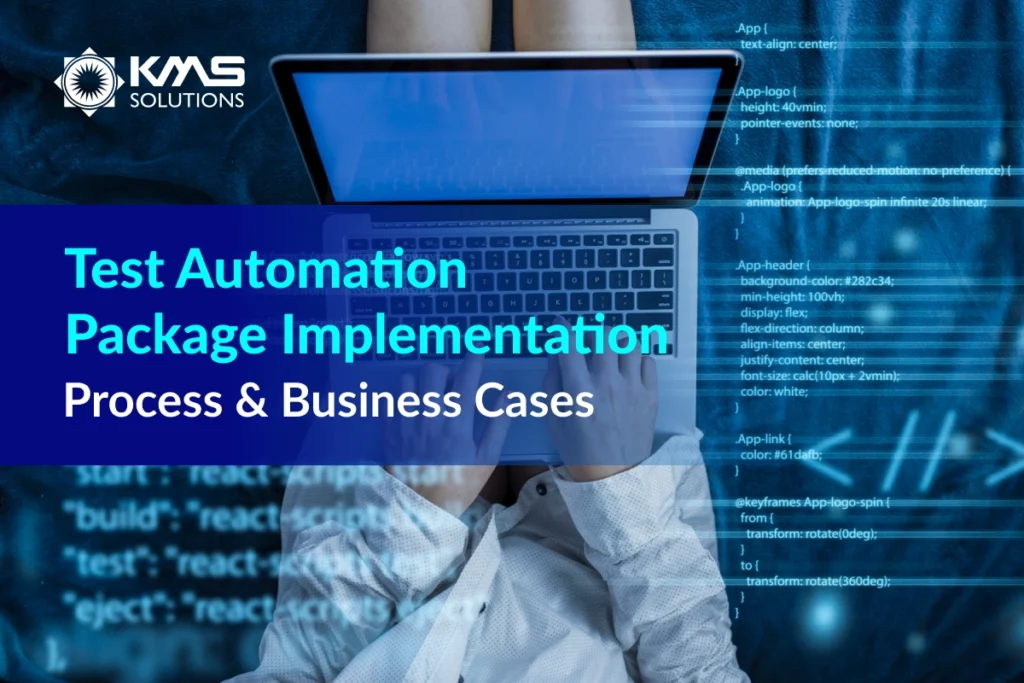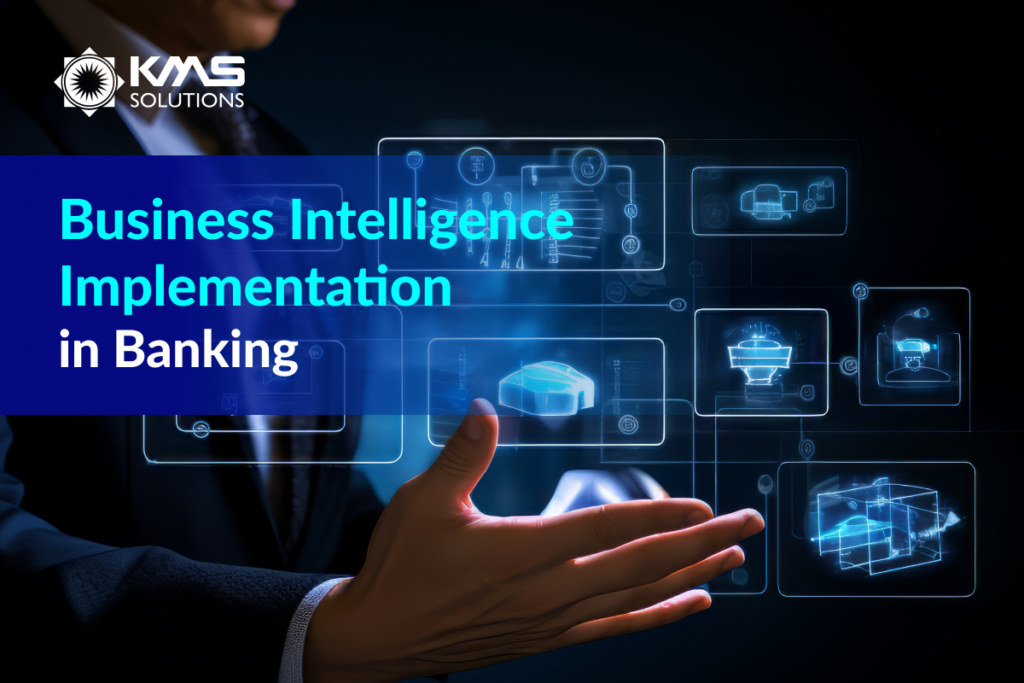The integration of artificial intelligence (AI) into the finance sector, particularly the Banking, Financial Services, and Insurance (BFSI) industry, is revolutionizing how financial institutions operate. From streamlining traditional processes to introducing more personalized customer experiences, AI offers solutions that improve efficiency, accuracy, and customer satisfaction. This article explores the impact of AI on the BFSI sector, covering trends, benefits, and challenges while highlighting emerging technologies like natural language processing (NLP), robotic process automation (RPA), and large language models (LLMs) to illustrate the broad scope of AI’s influence.
Understanding Artificial Intelligence in the BFSI Industry
Artificial intelligence uses machine learning (ML), deep learning, and data analytics to simulate human intelligence, making it an invaluable asset to the finance industry. AI processes large volumes of data at unprecedented speeds, allowing for better decision-making, more accurate risk assessment, and enhanced fraud detection. Additionally, AI has transformed digital banking experiences, enabling a level of personalization that was once impossible. Let’s delve into some key areas where AI is significantly reshaping finance and banking.
How AI Transforms Traditional Banking
Artificial intelligence in banking has rapidly advanced, creating more secure and efficient transactions while reducing operational costs. AI applications in banking can handle repetitive tasks, optimize loan approval processes, and provide customers with 24/7 support through chatbots and virtual assistants. By applying AI, banks improve productivity while enhancing customer satisfaction. Here are some prominent applications of AI in banking:
Fraud Detection
Banks can now use machine learning algorithms to analyze transaction patterns and detect unusual activity in real-time. AI’s predictive capabilities enable banks to catch fraudulent transactions before they occur, safeguarding customers and preserving institutional credibility.
Customer Service
AI-powered chatbots and voice assistants provide customers with instant responses to common questions. These virtual agents employ natural language processing (NLP) to understand and interpret customer inquiries, providing accurate answers without human intervention.
Personalized Banking Experiences
By analyzing customer data, AI helps banks offer more personalized services. From customized financial advice to tailored offers, AI helps institutions build stronger, customer-centric relationships.

The Rise of AI in Trading Platforms
AI in trading platforms has transformed how trades are executed, providing investors with valuable insights and faster decision-making capabilities. Through AI, financial institutions can analyze massive data sets in seconds, uncovering patterns and trends that human traders may miss.
Algorithmic Trading
In algorithmic trading, AI executes trades based on pre-set criteria and real-time data analysis. This technology minimizes human error, increases trading efficiency, and enables high-frequency trading to capitalize on market fluctuations.
Sentiment Analysis
AI-driven sentiment analysis uses NLP to scan news articles, social media posts, and other online sources to gauge public sentiment about stocks, commodities, or the market. By understanding these sentiments, traders can make informed decisions to maximize returns.
Natural Language Processing in BFSI
Natural language processing (NLP) is integral to AI’s role in BFSI, as it enables systems to process and understand human language. NLP applications range from chatbots and virtual assistants to data extraction from legal and financial documents.
Document Processing
Banks handle large volumes of documents daily. NLP-enabled AI can scan, categorize, and interpret this information with high accuracy, reducing manual labor and speeding up customer service.
Risk Assessment and Compliance
NLP can analyze financial reports, statements, and regulatory documents to flag potential risks or compliance issues. This feature is particularly beneficial in reducing the costs and risks associated with manual compliance checks.
The Role of Large Language Models (LLMs) in Finance
Large language models (LLMs) are advanced AI tools designed to understand and generate human-like language. For those unfamiliar, LLM meaning refers to a model trained on large datasets to perform various language-based tasks. In the BFSI sector, LLMs support several functions, including customer service automation, document analysis, and report generation.
Enhanced Customer Support
LLMs can interpret customer queries and provide solutions without human input, improving response times and customer satisfaction. By integrating LLMs into chatbots, banks can handle complex queries more effectively.
Data-Driven Decision Making
LLMs analyze customer data and generate insights that aid in decision-making, allowing institutions to adapt quickly to changing market conditions or customer needs.
Streamlining Operations with RPA
Robotic process automation (RPA) is another transformative AI tool that automates repetitive, rule-based tasks across banking and financial institutions. With RPA, banks can streamline processes such as data entry, account management, and transaction processing.
Operational Efficiency
RPA bots work around the clock, reducing human error and accelerating routine tasks. This efficiency frees up employees to focus on more strategic initiatives, thereby increasing productivity.
Enhanced Compliance
RPA also helps financial institutions meet regulatory standards by consistently applying compliance rules, thus minimizing the risk of fines and regulatory penalties.
The Growing Influence of AI in Software Development for BFSI
AI plays a crucial role in software development for the BFSI industry. As institutions adopt new digital platforms, AI supports software development by optimizing coding processes, reducing testing time, and maintaining system security. The demand for AI roles in software development is expanding, as banks and financial organizations need specialized AI developers to build intelligent financial solutions.
Automated Code Generation
AI can assist in generating code based on predefined requirements, reducing the time required for software development. This capability accelerates the deployment of new banking applications and enhances software scalability.
Quality Assurance
AI tools detect bugs and vulnerabilities early in the development process, ensuring that software applications are secure and compliant. Automated testing helps developers deliver high-quality software with fewer resources and less downtime.

AI Challenges in the BFSI Industry
Despite its numerous benefits, the use of AI in finance poses challenges that the industry must address to maximize its potential. These include:
Data Privacy and Security
Financial data is highly sensitive, and AI systems require access to this data for effective analysis. Ensuring data privacy and meeting regulatory standards are essential.
Bias and Fairness
AI models can inadvertently perpetuate biases present in their training data, potentially leading to unfair decision-making. Companies must invest in training algorithms to be as unbiased and fair as possible.hm
Cost of Implementation
The upfront cost of implementing AI technologies can be significant. However, the long-term benefits often outweigh these costs, and many institutions find that AI-driven efficiencies lead to substantial savings.
AI’s Future in the BFSI Industry
The BFSI industry is still in the early stages of its AI transformation. As technologies like NLP, RPA, and LLMs continue to evolve, financial institutions will be able to offer increasingly personalized, secure, and efficient services. Embracing these technologies allows companies to stay competitive and meet the expectations of a tech-savvy customer base.
Conclusion
As the BFSI sector adapts to the changing landscape of AI-driven finance, KMS Solutions is at the forefront, providing advanced AI solutions tailored to the specific needs of financial institutions. Whether you’re interested in integrating artificial intelligence in banking, enhancing customer experiences, or streamlining operations with AI tools, KMS Solutions offers expertise to support your journey.
Artificial intelligence has reshaped the BFSI sector, providing countless opportunities for growth and efficiency. With applications ranging from ai in trading platforms to personalized customer support, AI continues to redefine the future of finance.











